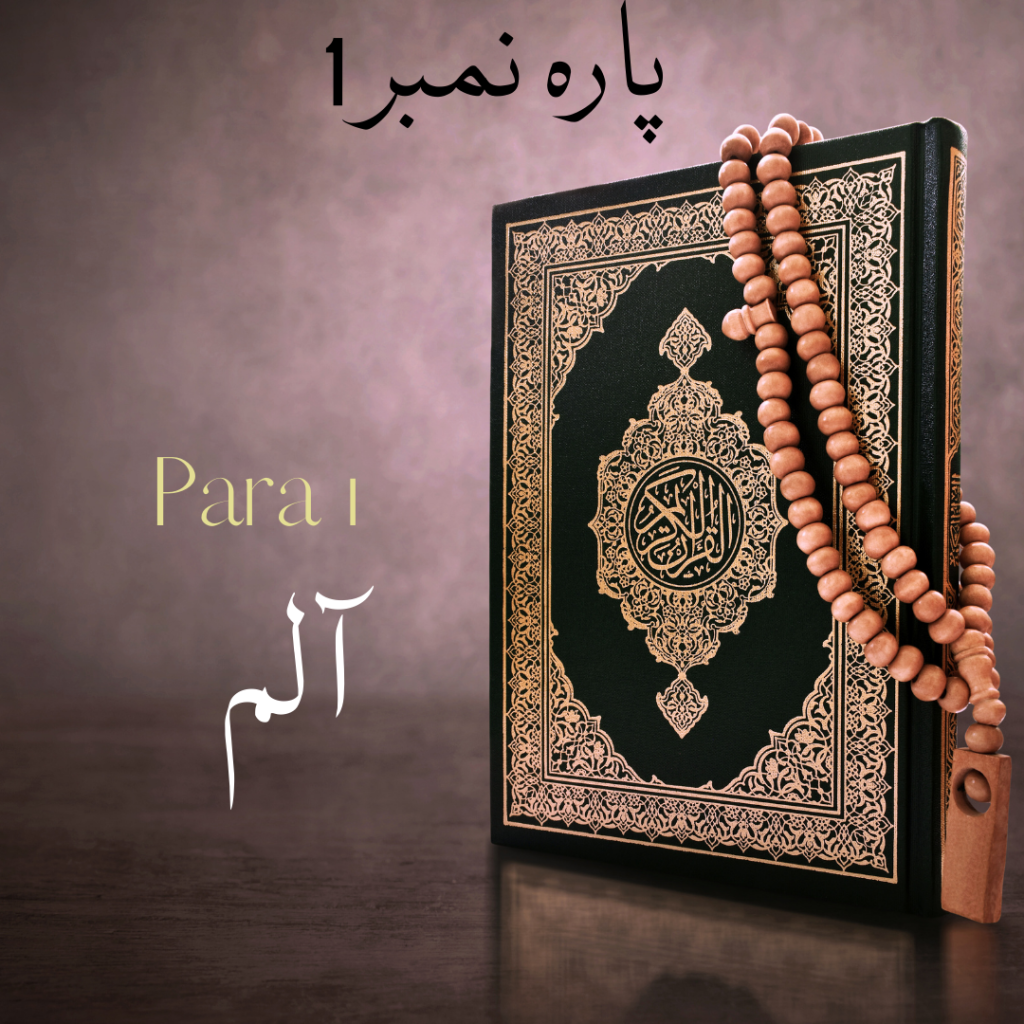Quran Para 20 Read Online
Quran para 20 contains three parts:
Surah An-Naml (remaining portion)
Surah Al-Qasas (complete)
Surah Al-Ankabut (initial portion)”
Surat Al-Naml continued in the start of 20 para of the Holy Quran . The remaining parts of Surah An-Naml contain two points:
(1) He is the Creator of the heavens, the earth, rain, and the crops. (2) He governs the system of the earth, rivers, mountains, and seas. (3) Only He hears the cry of the helpless, the needy, and the sick. (4) He guides through the pathways of the seas and on land in darkness; He also controls the system of winds. (5) He created for the first time, and He will create again; He is also the Provider.
In Surah Al-Qasas, there are two stories:
- The detailed story of Prophet Musa (Moses) and Pharaoh.
- The story of Prophet Musa (Moses) and Qarun.
Surat Al-Naml continued
They acknowledge that Allah is the ultimate Creator, possessing vast knowledge. So, why hesitate to believe? The Quran mentions a cryptic entity: “When the final verdict is passed against them, We will bring forth from the earth a creature that will speak to them, as people did not believe in Our signs.” This prophecy from the Quran and Hadith suggests that when this creature emerges, it will signify the onset of the world’s end.
Surah Al-Qasas (The Story)
Juz 20 continues with Surat Al-Qasas, revealed before the Prophet Muhammad’s Ascension in the 10th year of his mission. It presents multiple narratives from the life of Musa to illustrate the recurring patterns of history. This served as a source of comfort for the Prophet and his followers. The surah begins with the story of Pharaoh’s oppression of the Israelites and his tactic of “divide and rule”. It recounts the miraculous survival of baby Musa during Pharaoh’s decree to kill all newborns. Pharaoh, historically identified as Ramses II ruling Egypt in the thirteenth century BC, was unable to discern friend from foe despite claiming godlike authority. Allah protected and raised Musa within Pharaoh’s opulent palace, highlighting the limitations of earthly rulers who falsely assert divinity.
Surat al-Ankabut – The Spider
Juz 20 features Surah e Ankabut, which is the final surah revealed in Makkah. It combines a confrontational tone with rational and historical evidence to caution the people of Makkah against their misguided actions. Given the severe persecution faced by the followers of the beloved Messenger ﷺ, this surah begins by reminding believers that life presents trials, and success is achieved through overcoming them. It underscores that victory is the outcome of steadfast effort and dedication, with the surah detailing the steps and processes toward achieving success.
Symbolizing the Fragility of Worldly Power
The metaphor of the spider’s web is employed to highlight the fragility of worldly power compared to the enduring nature of Allah’s religion. The Quran illustrates this by stating, “The example of those who take allies besides Allah is like that of a spider who takes a home. And indeed, the weakest of homes is the home of a spider” (41). This verse sharply criticizes idolatry, materialism, and denial of truth. The Quran uses such vivid imagery to awaken the dormant conscience of idolaters and those engulfed in worldly pursuits due to the immense importance of what is at stake.

